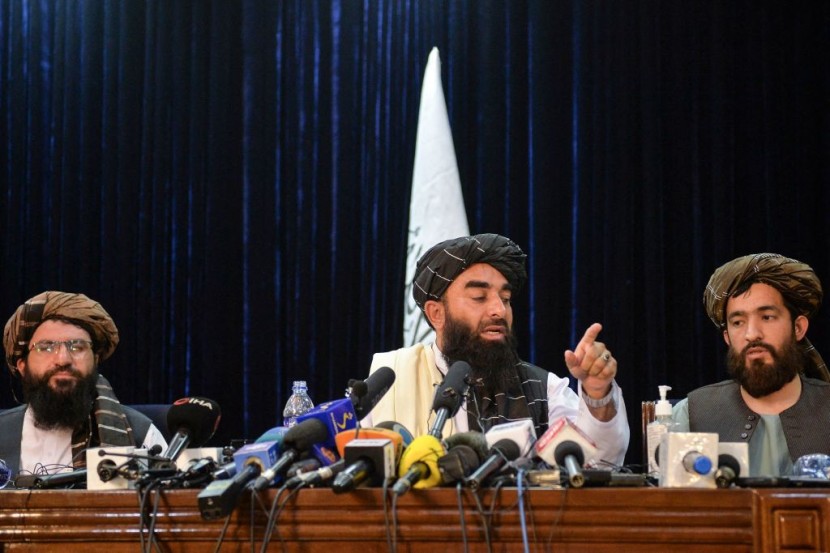
With the Taliban group taking control of Afghanistan's government, many fear for their lives as officials of the militants have promised to give residents their rights but denied democracy, saying the region will be under Sharia law.
In the first-ever press briefing since the Taliban invaded the capital city of Kabul, a spokesman for the group said that women's rights would be respected "within the framework of Islamic law." However, they have not yet discussed details of what the idea would include in practice.
The Taliban's Rule
The militant group is infamous for being a strict follower of Sharia law, which includes punishments as harsh as public executions of convicted murderers and adulterers. What exactly is incorporated in Sharia law, and how will it affect residents, especially women, in Afghanistan?
The law is derived from the holy book Quran of the Islam religion and takes after the Sunnah and Hadith, which are the deeds and sayings of the Prophet Muhammad. If authorities cannot find an answer to a specific issue, they will ask religious scholars to give rulings as guidance on a particular topic or question, the BBC reported.
The word "Sharia" is literally translated to "the clear, well-trodden path to water" under the Arabic language. The law acts as a way of living that all Muslims must follow, which includes praying, fasting, and donating to the poor. The law assists followers in how they should live their lives according to God's wishes.
The Taliban also pledged that they would prevent Afghan territory from being used to target other countries. Officials said they sought to allay concerns that they intend to reimpose Islamic fundamentalism in the war-torn country.
However, the militant group's history comes in contrast to their promises, as they have previously been a mark of extremely conservative interpretation of Sharia laws. Under Taliban rule, women were stoned and sentenced to execution for non-compliance to authorities, Bloomberg reported.
The leader of the Taliban, Waheedullah Hashimi, said that democracy had no place in their country at all. He said they would not discuss what type of political system would be implemented in Afghanistan because it was clear that only Sharia law was applicable.
How Will Sharia Law Affect Women?
Many interpreted the group's announcement of respecting women's rights as a broad interpretation that could return the country to its state in 1996 when the Taliban first took power. At the time, the group forced women to wear burqas, covering their body from head to toe. The law also warned female residents they could be beaten if they are seen going out in public without a male escort, the Washington Post reported.
While the militant group said that women should work in the government, they have not detailed the exact workings of their plans They have also allowed female students to go back to school, handing out headscarves at the door. Previously, the Taliban have forced women to wear burqas and prevented girls over the age of 10 from attending schools.
Despite their assurances, many are skeptical of what the militant group plans to do regarding their governance within the country. One woman in Kabul said that she did not believe a single word they were saying, fearing for women across the region.
Another female resident said, "As long as my right to study and work is protected, I don't mind wearing a hijab. I live in an Islamic country and I'm willing to accept the Islamic dress code - as long as it's not a burqa though because that's not an Islamic dress code," Fox News reported.
Related Article: Is the Afghanistan Defeat the Same as the Saigon's Fall in the Last Days of the Vietnam War in 1975?








